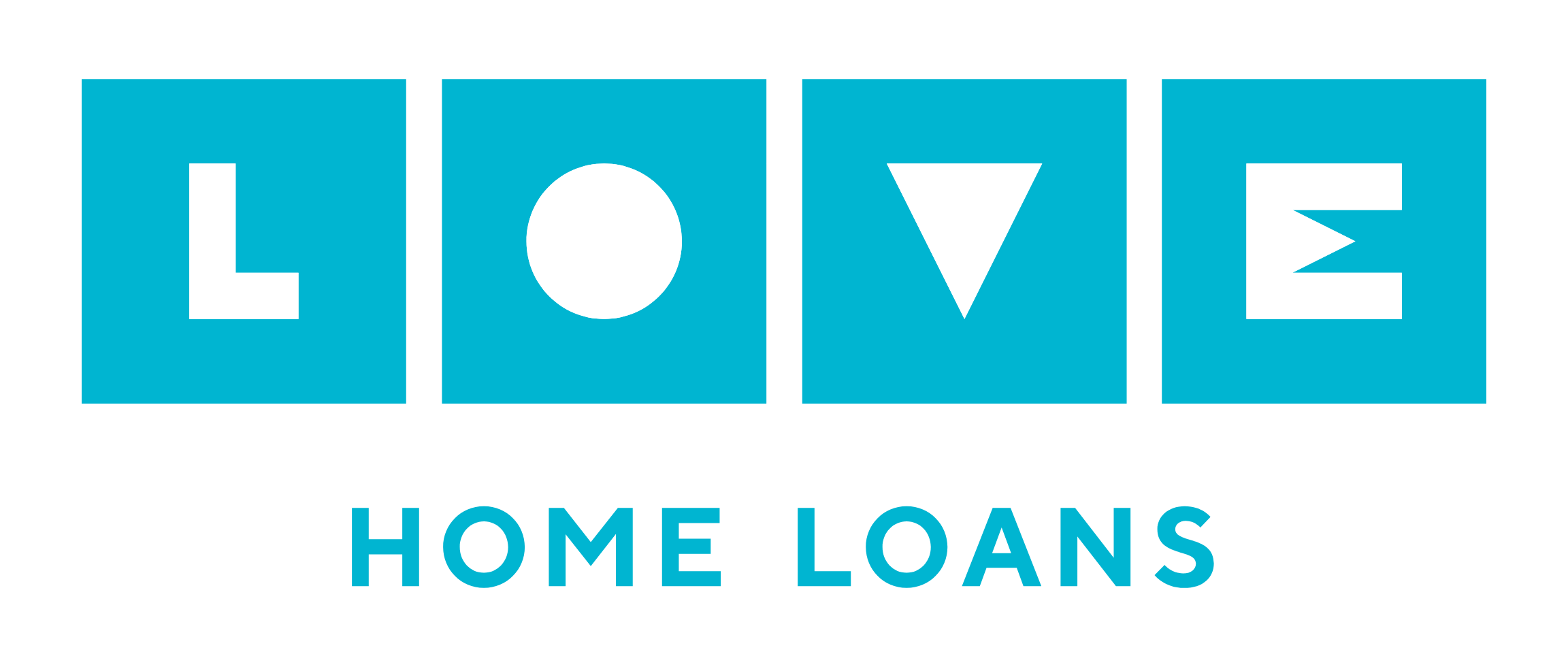When you’re securing a loan to buy a property there are a few things to consider, but possibly, one of the biggest considerations is whether to repay principal and interest or interest only.
For home owners, principal and interest is the most common repayment method. For investors, interest only is common.
Let’s take a look at the difference:
Principal and interest loans
You are required to pay off the debt (the principal) as well as the interest with this type of loan. This means that you will eventually pay off the loan and own the property outright. Along the way, you’ll be building equity in the property from paying off the loan as the property increases in value. This will open the potential to leverage that equity to buy another property or re-finance to secure a construction loan for renovation or rebuilding. Generally, principal and interest loans have lower interest rates and less restrictions than interest only loans, which makes them more popular – particularly for owner occupiers.
Interest only loans
Interest only loans have a higher interest rate, stricter criteria and nearly always have a defined period (5 years). These are designed for people who don’t want to pay off the principal of the loan, usually to help with cashflow of an investment or to free up funds for further investing. Interest only is most popular with investors, but sometimes, this type of loan can be secured for owner occupiers under certain conditions.
Whether you’re an owner occupier or investor, we can help you navigate your way through the options, the jargon, the costs, the red tape and the decisions. We can make it easy for you and present you with options that suit your needs now and the future.
Don’t waste your time or money doing it on your own when we can do it for you.


